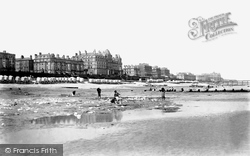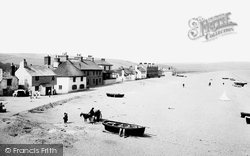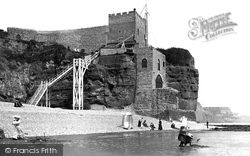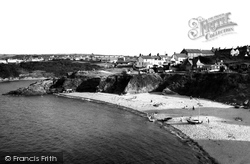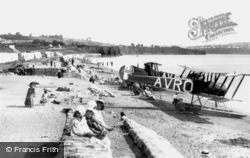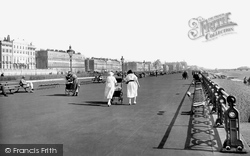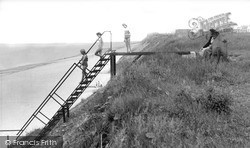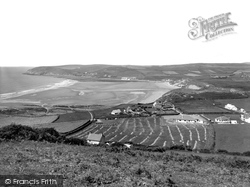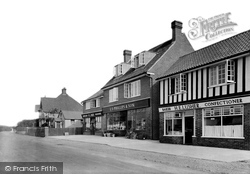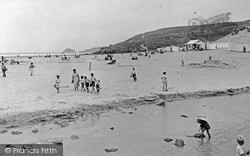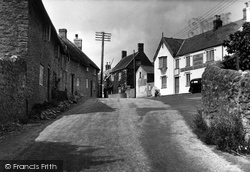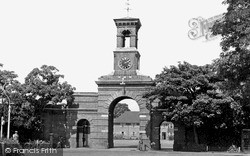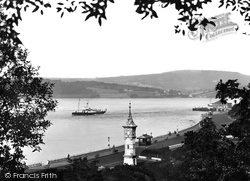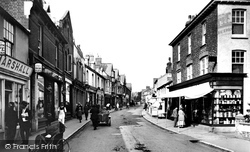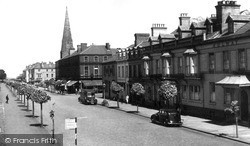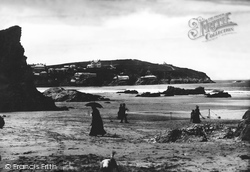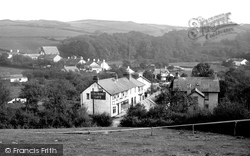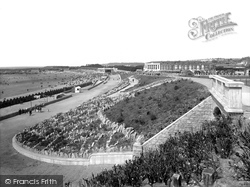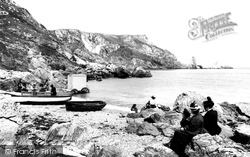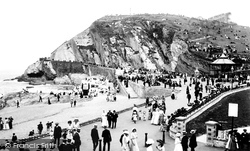Merry Christmas & Happy New Year!
Christmas Deliveries: If you placed an order on or before midday on Friday 19th December for Christmas delivery it was despatched before the Royal Mail or Parcel Force deadline and therefore should be received in time for Christmas. Orders placed after midday on Friday 19th December will be delivered in the New Year.
Please Note: Our offices and factory are now closed until Monday 5th January when we will be pleased to deal with any queries that have arisen during the holiday period.
During the holiday our Gift Cards may still be ordered for any last minute orders and will be sent automatically by email direct to your recipient - see here: Gift Cards
Places
1 places found.
Those places high-lighted have photos. All locations may have maps, books and memories.
Photos
11 photos found. Showing results 501 to 11.
Maps
4 maps found.
Books
1 books found. Showing results 601 to 1.
Memories
1,368 memories found. Showing results 251 to 260.
Cub Camp Seasalter In The 50's
Living in Hackney in east London as a kid at that time surrounded by bomb sites, it was great when being in the 6th Hackney cub pack, we were told we could go to Seasalter in Kent for a weeks camp. Coach down there, ...Read more
A memory of Seasalter by
Branfil School And Upminster
Hi all. I used to live in Beech Avenue from 1962-1979 and went to Branfil Infants/Junior School from 1965-1970. Really loved it there. I remember Mrs Tribe, Mrs Warren, Mr Ford (Tall Headmaster) Mr Hill (the ...Read more
A memory of Upminster by
Childhood Memories Kessingland Late 80’s 90’s
So as a young child I would always go on holidays with my Nan and Grandad. We started going to Kessingland we had a small caravan {touring caravan} so I was very excited to go to a new place. I lived ...Read more
A memory of Kessingland by
My Grandmother Had A Boarding House
My grandmother had a boarding house on Grand Parade on Hayling Island through the fifties into the sixties. Our summer holidays every year were to visit her in Hayling Island with all our extended large ...Read more
A memory of Hayling Island
Newarthill 1950/60s Tosh And I Part 2
Like everyone else growing up in Newarthill, life wasn’t easy, as times were tough in the 50s and 60s and I suppose in many ways it is today. But back then people really had nothing, but one thing I do ...Read more
A memory of Newarthill by
Suntrap School. 1956 To 1961.
My name is Terry Hendy. I attended Suntrap school from 1956to 1961. I have very happy memories of the school and although away from home I was very well looked after and fed well. 1 saw the photo of Mr Brooks and Mr ...Read more
A memory of Ledbury by
Caravan Holiday In 50s
My parents had a caravan at The Old Coastguards close to Seasalter Sailing Club from 50s to 70s. It had only 3 caravans on it. I regularly got up early as a child to accompany the site owner, a super guy, while he followed the ...Read more
A memory of Seasalter by
Heswall Beach
I remember staying at the hospital and going to Heswall beach and playing on the aeroplane in the back garden at the hospital,it was about 1965
A memory of Heswall by
"Bre's Tree" Linslade Bedfordshire
I lost my wife on new years eve 2021 following three years of her illness with vascular dementia. No one really told me how things would progress with this dreadful illness and so I just tried my hardest to cram ...Read more
A memory of Linslade by
Fantastic Township
I have very fond memories of Coldbackie. It’s one of those fantastic undiscovered gems in Sutherland. My grandparents bought a croft there in the 1950s and I spent much of my childhood playing at the beach, in the woods, or ...Read more
A memory of Coldbackie in 1990 by
Captions
1,130 captions found. Showing results 601 to 624.
The edge of the beach is lined with bathing machines in this view.
This photograph shows the village end of the Beach Road, with two general stores, both carrying many advertisement signs.
During the Second World War villagers were evacuated from many villages around the South Hams so that the district could become a D-Day training ground for American troops, who would practise landings
The somewhat gaunt appearance of this fortress-like building has been softened by the addition of a clock tower. It is now the Clock Tower Cafe, with little else changed.
This view shows the headland that separates the two bays. The northern (further) bay penetrates well inland and provided good shelter for boats, with limekilns, storehouses and coal yards nearby.
Seaplanes from the newly-formed Royal Air Force are pulled up on the beach - perhaps being used either for recruitment or anti-submarine duties.
Seaplanes from the newly-formed Royal Air Force are pulled up on the beach - perhaps being used either for recruitment or anti-submarine duties.
Although Brighton and Hove have now been amalgamated into a city, in the past Hove was a much quieter and more conservative town than its neighbour.
The sand-dunes along the east coast of Norfolk can rise to heights of ten metres or more, making access to the beautiful sandy beaches relatively difficult.
This view is taken from Saunton Down over the popular holiday beach at Croyde. In the field below, the wheat is harvested and placed in stooks to dry. This was before combine harvesters were used.
These are few of the popular village shops which provide everything that the locals and visitors require.
The greatest attraction of Perranporth is its extensive beach of golden sand backed by dunes.
The cliff line of Dorset breaks to give access to a small cove and the village of Burton Bradstock, with the River Bride gurgling away to the end of Chesil Beach.
In 1869, Dr Oliver of Redcar, wrote that 'Redcar is adapted to the debilitated class of invalids not only by reason of its powerful tonic atmosphere and excellent bathing, but because of the natural facilities
Camping was a popular, cheap way of spending a family holiday by the sea. The tent in the foreground has a large awning, a useful way of extending the living area.
Exmouth's long sea front and sandy beaches made sea-bathing a popular recreation from the town's earliest days as a resort. Tourists came for the bracing air and social activities.
This picture shows a scene similar to the previous view, but was taken a little further up the street and 20 years later.
Tree-lined Criffel Street, in the handsome Solway seaside town of Silloth, is a reminder of the proximity of the Scottish Border.
A small party is enjoying a game of tennis on the rocky beach. Despite the warm weather they are sweltering under their many layers of heavy clothing.
This small village had a café, the Dolybont Café (centre), whose sign was visible from the road between Talybont and Borth – the proprietors hoped that holidaymakers would stop on their way to or from
Rows of bathing huts line the beach, with bathing costumes (which could be hired) drying in the wind on lines behind them beside the newly-built promenade.
This quiet little corner is on the north side of Torquay and reached by way of a romantic wooded ravine.
This quiet little corner is on the north side of Torquay and reached by way of a romantic wooded ravine.
The small beach to the left is at Prechers Rock.
Places (1)
Photos (11)
Memories (1368)
Books (1)
Maps (4)


